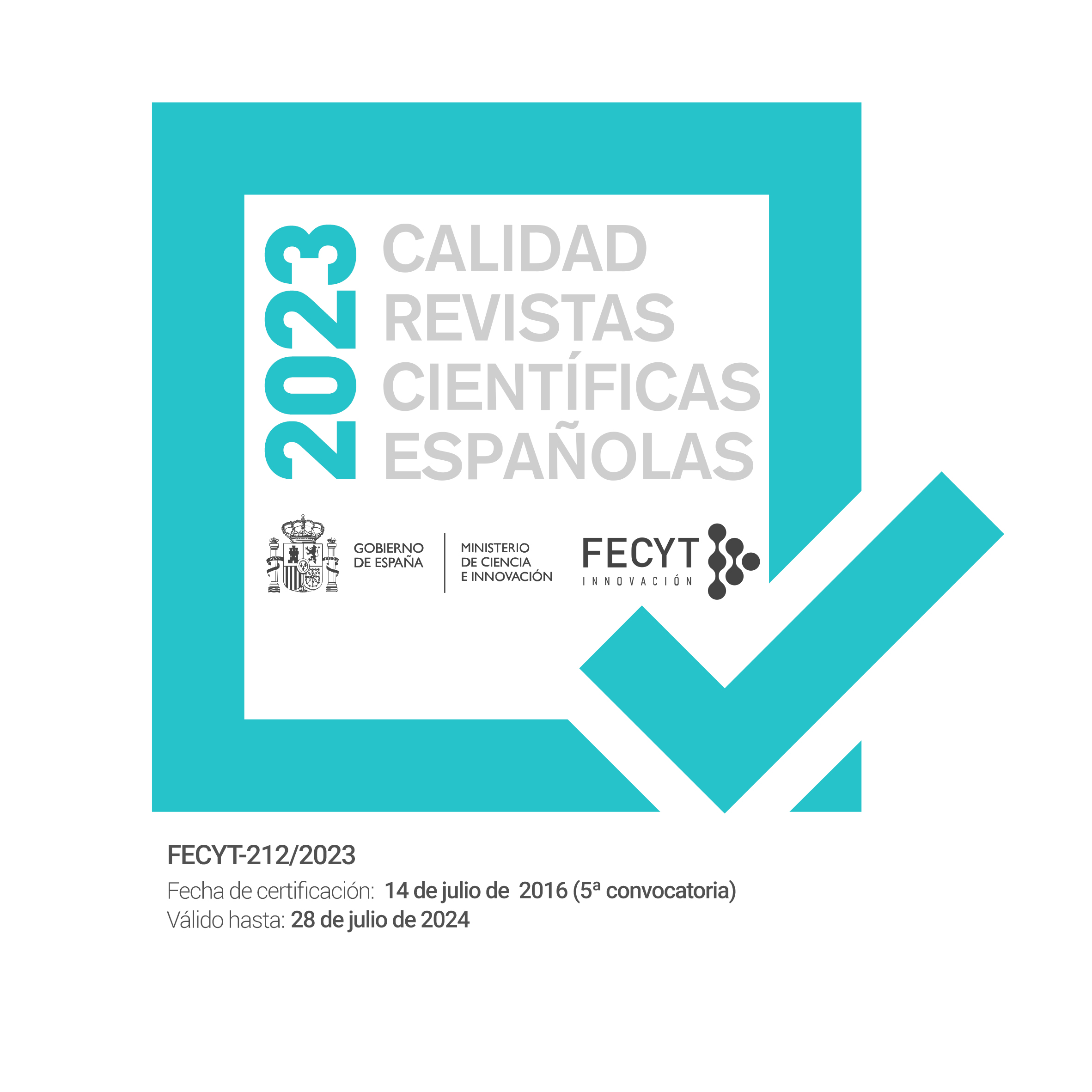Analizar la incidencia de las complicaciones urológicas, fístulas y estenosis urinarias, observadas en nuestra serie de 282 trasplantes así como el tratamiento de las mismas.
Material y métodosEntre diciembre de 1995 y octubre de 2005, hemos realizado 282 trasplantes renales. La complicación urológica más frecuente ha sido la fístula urinaria observándose en 24 casos (8,5%), seguida de la estenosis ureteral en 18 casos (6,4%) y en 5 casos se observaron ambas complicaciones. Dentro de los datos recogidos de los pacientes destacamos el tiempo de diagnóstico, las técnicas de imagen empleadas, el tipo de catéter ureteral empleado y la evolución clínica.
ResultadosEl tratamiento endourológico mediante nefrostomía percutánea, catéter doble J y endoprótesis ha sido eficaz en el 76,4% de las fístulas urinarias, en el 66,7% de las estenosis ureterales y en el 60% de los pacientes que presentaron ambas complicaciones.
ConclusiónEl tratamiento endourológico ha reemplazado a las técnicas de cirugía abierta en el manejo de la mayoría de las estenosis ureterales y fístulas urinarias post-trasplante renal, al ser un tratamiento definitivo con una baja morbilidad asociada.
To analyze the incidence of urological complications, like fistula and stenosis in our series of 282 renal transplants and their management.
Materials and methodsBetween December 1995 and October 2005, 282 adult recipients underwent renal transplant.The most common urological complication was urinary fistula. This complication was observed in 24 cases (8.5%), ureteral stenosis in 18 cases (6.4%) and both of them in 5 (1.7%). The items recorded on these patients included the time to diagnosis, the image technique, the type of ureteral stents and the clinical evolution.
ResultsEndourologic treatment with percutaneos nefrostomy, double-J catheter and metalic endoprotesis was performed successfully in 76.4% of urinary fistula, in 66.7% of ureteral obstruction and in 60% of patients who developed both of them.
ConclusionEndourologic procedures have replaced open reconstructive surgery in most patients with ureteral obstruction or urinary fistula after renal transplant, because they may offer a definitive treatment with low morbidity.









